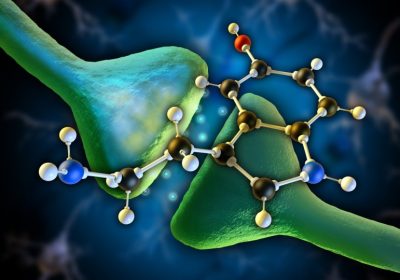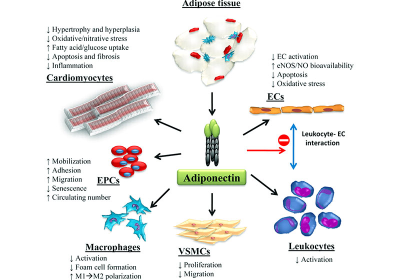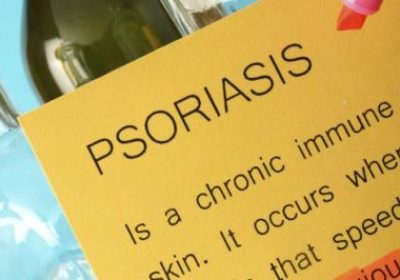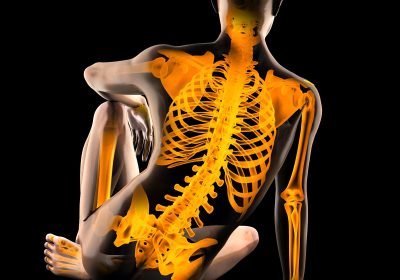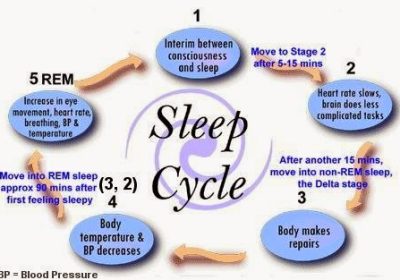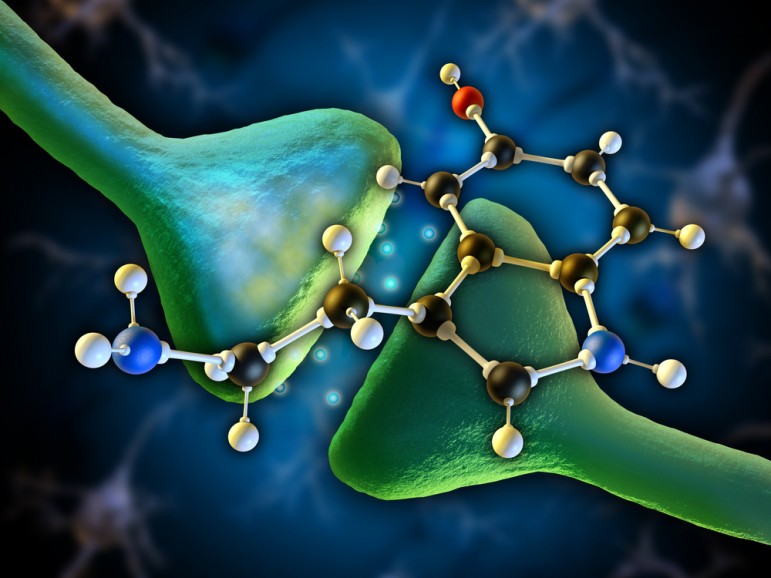
Serotonin – The Brain Gut Connection
Serotonin is a neurotransmitter that is involved in the transmission of nerve impulses.
Brain levels of serotonin, the ‘happy hormone’ depend on the amount of healthy bacteria in the gut during early life.
Serotonergic neurons are involved in a very broad range of physiological and behavioral processes such as cardiovascular regulation, appetite, pain sensitivity, sexual behavior, mood, respiration, cognition, learning etc. They also play important part in a variety of psychiatric conditions (from anxiety disorders to schizophrenia) as well as behavioral impulse-related disorders (violence, attention deficit disorder, substance abuse, obsessive control, etc.)
To summarise, healthy levels of serotonin activity are vital for an individual to be happy and content amidst the many turbulence of daily life.
Scientists estimate 90% of serotonin is made in the gut, and imbalances in this peripheral serotonin have been linked to diseases ranging from irritable bowel syndrome and cardiovascular disease, to osteoporosis. Gut bacteria plays an important role in the metabolism of Tryptophan – which is the precursor amino acid required for the synthesis of serotonin.
A study published in the journal BioEssays finds that your gut microbes may influence your cravings based on the nutrients they need to thrive (crazy, right?). Another study suggests bacteria in your bowel could influence your personality traits and mood, which may help explain why up to 80 percent of people with irritable bowel syndrome suffer from depression and anxiety. How, exactly, the microbes have such a profound effect on our health is still to be determined. One theory is the byproducts they produce travel through our bloodstream and impact our organs.
Other studies also show that a healthy gut flora is essential in maintaining communication between brain and the gut, sometimes called the ‘second brain’.
Tips for Ensuring Adequate Serotonin Levels
- Eat foods rich in calcium, magnesium, and vitamin B to help with serotonin production. If you cannot get fresh, organic fruits and vegetables, opt for frozen over canned;
- Omega-3, omega-6, and gamma-linolenic acid (GLA) are required for serotonin production. GLA is found in black currant seed, borage, evening primrose, and hemp seed oils;
- Healthy carbohydrates and proteins help metabolize foods high in the agents responsible for serotonin production;
- Avoid white flour and sugar carbohydrates. The boost they provide in serotonin levels is temporary and quickly followed by a crash;
- Foods in which completely formed serotonin can be found include bananas, kiwis, pineapples, plantains, plums, tomatoes, and walnuts;
- Foods rich in tryptophan include almonds, bananas, beans, cheeses (particularly Cheddar and Swiss), chicken, eggs, fish (especially high-oil fish such as herring, mackerel, salmon, sardines, and tuna), milk, peanuts, soy foods, turkey, and yoghurt; and
- Digestive enzymes and probiotic supplements can assist with full nutrient absorption from the above food sources, thereby increasing overall nutrient intake.
Your digestive system can rightfully be called a “second brain”. The essence of “you” is strongly influenced by what you ingest and your ability to gain benefit from what is consumed.
How interconnected is the brain and gut? More and more research is showing that the health of the gut is what influences dozens of diseases including those never before thought of as originating in the gut – such as depression and other mood disorders.
So tweak your lifestyle a little today and work on that gut for a healthier and happier you.
Dr. Aarthi Maria

















